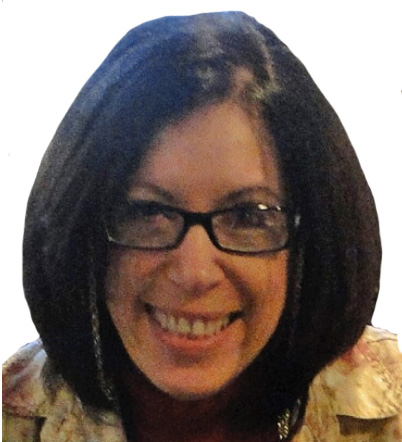Twenty-four for '24: Tools, Trends, Technologies to Inspire Learning and Creativity
,
Colorado Convention Center, 603
Presenters

Session description
Purpose & objective
Educators don’t always have the time to explore the newest and most valuable technology tools to enhance their lessons. Also, pandemic school closures brought the added challenge of planning remote learning activities, which are now integrated into many curriculum plans since the blending of face to face and online instruction continues in some districts. For several years I have prepared a list of innovative apps and instructional trends, mostly free and easy to learn, to enhance lessons and invigorate classrooms. I coined the term “electronic constructivism” in a Learning and Leading feature article and continue to promote student creativity and student centered lessons. Evidence of success? Measurable formal evaluations and unsolicited informal feedback have been overwhelmingly positive.
Outline
• Introduction – 2 minutes
o Introduction to topic: supportive research
o Format: fast-paced and quick overview
o Participants will receive a link to the presentation for further research
• Emerging technologies and resources – 50 minutes
o Each will have a description of the technology or trend
o Links to specifications, reviews, articles
o Classroom suggestions, constructivist in format
o Interactive surveys (to engage participants)
• Promising technologies not available yet – 2 minutes
• Conclusion – 6 minutes
o Instructions for accessing link to presentation
o Inspirational words; looking to the future
o Raffle for techy door prizes
Supporting research
• Participants will leave with an annotated list of the resources, free tools, apps, and products that will be discussed.
• Participants will see examples of how teachers used virtual and augmented reality apps and artificial intelligence devices to enhance learning.
• Participants will see an update about successful implementation of drones and robots and data on their usefulness in classrooms.
• The term “Electronic Constructivism” was coined by this presenter who will link these technologies to good teaching practices and research-based documentation of learning outcomes.
Session specifications
Laptop: Chromebook, Mac, PC
Tablet: Android, iOS, Windows
Learner
- Stay current with research that supports improved student learning outcomes, including findings from the learning sciences.
Empowered Learner
- Students use technology to seek feedback that informs and improves their practice and to demonstrate their learning in a variety of ways.
- Students develop, test and refine prototypes as part of a cyclical design process.
 Return
Return Listen and learn: Edtalk
Listen and learn: Edtalk  Trips and Tours
Trips and Tours Recorded Session
Recorded Session